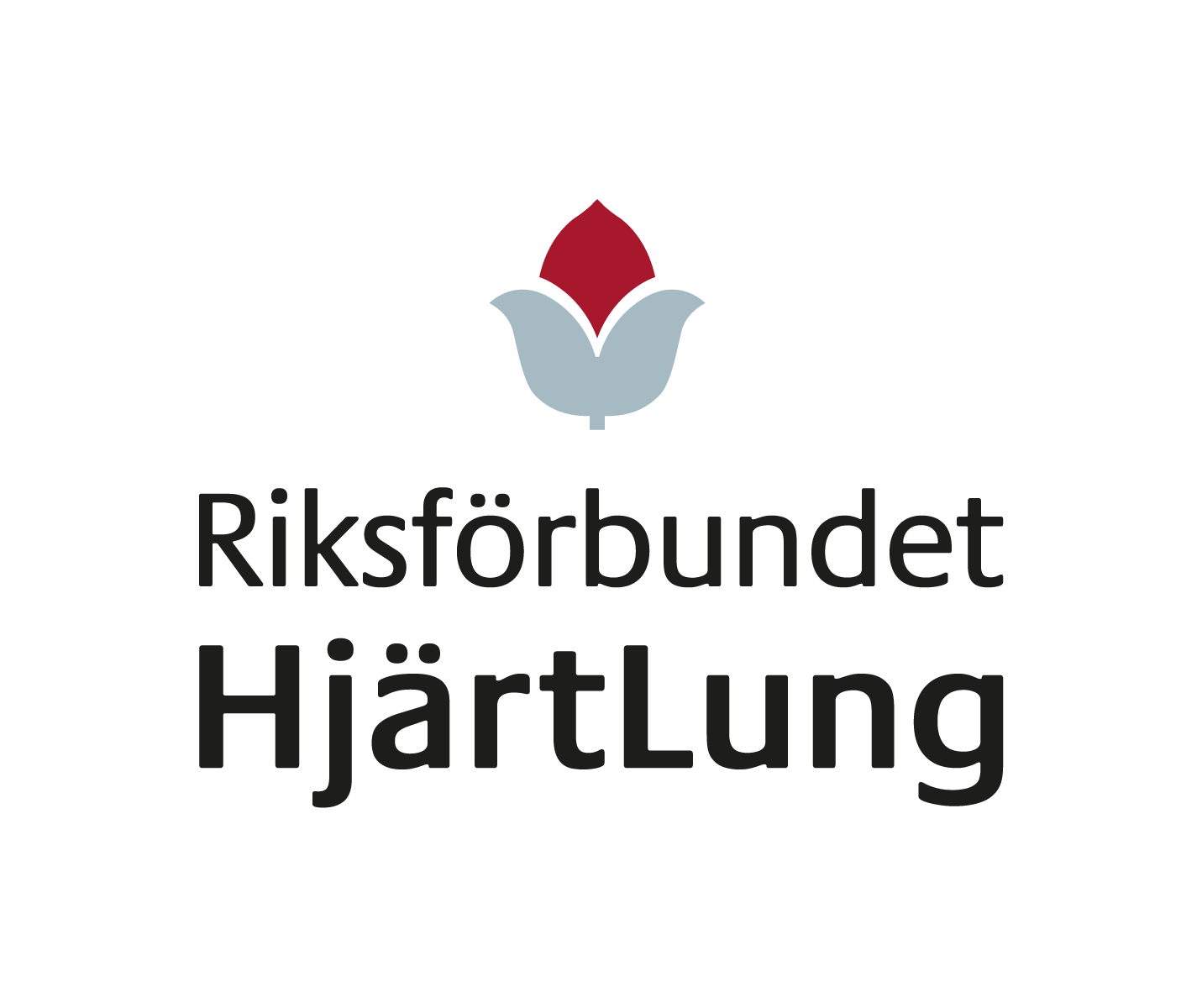In a symposium on what the Swedish healthcare system can learn from the Danish system, participants called for more government governance in Sweden. “This has increased productivity in Denmark,” stated Anders Morin, Social Welfare Officer at Swedish Enterprise.
Swedish Enterprise recently organized a seminar on what Sweden can learn from Danish healthcare.
To begin with, the Swedish healthcare system has been shown to perform well in many areas. Patients feel, for example, that they are being treated well and that they feel involved in their treatment.
There are a number of problems, said Karin Johansson, executive vice president of Svenskt Näringsliv.
These include long care lines, poor primary care, regional differences, overburdened emergency and care departments, as well as poor productivity.
– Karin Johansson said transparency is also poor in Swedish healthcare, which means it is difficult to keep track of how much tax money is being spent on it.
Fewer regions and municipalities
To speak on the Danish example, Karsten Vraengbeck from the University of Copenhagen was invited. He stated that Denmark had previously encountered problems similar to Sweden’s, but had begun extensive repair work just over 15 years ago.
The clear line in this work was the larger component of government governance in both the economy and quality areas. In a major structural reform in 2007, Denmark reduced the number of regions from 13 to 5 and the number of municipalities from 271 to 98. The region’s right to taxation was removed and patient rights legislation was put in place, including a new care guarantee.
Claes Renberg, professor of health economics at Karolinska Institutet, believes that this gives the Danish state more control over the resources allocated to health care.
Financial incentives
Carsten Fringbeck said that in Denmark, various reforms have been introduced that impose stricter financial demands on healthcare providers.
Various incentives have been created for health care to become more efficient and therefore able to stay within the budgetary framework. An example is that Danish municipalities now have to take on greater financial responsibility for their care.
– If a citizen of the municipality is admitted to a regional hospital, the municipality must cover part of that bill. Carsten Fringbeck noted that it creates incentives for the municipality to avoid the burden it imposes on the district and to solve the welfare situation at the municipal level.
Another incentive is that regions receive more government subsidies with more care than they can provide. Something that has increased productivity and helped shorten waiting lists for care in Denmark.
Care guarantee in particular is a capital in itself in Denmark. 30 days for each step of the patient receiving the diagnosis compared to 90 days in Sweden. If the first healthcare institution is unable to assist the patient within this time frame, the patient can transfer to another representative.
– As a patient, you have the right to go to a private healthcare provider, or another hospital, but then the primary healthcare institution has to pay for that, Carsten Fringbeck explained.
This incentive is also something for Sweden, said Anders Anil, a professor at Lund University.
– We don’t have that in Sweden, but it’s something worth trying because it gives hospitals an incentive to stay within the confines of the care guarantee. In Sweden it has unfortunately become the case that the biggest experience with the guarantee of care is that it is not followed.
The state sets more stringent requirements
Anders Morin, who is responsible for social care policy at Svenskt Näringsliv, stated that the Danish state is not afraid to take control of health care. He believes it is something the Swedish healthcare system could benefit from.
They’ve been very tough in demanding that hospitals deliver on the care they receive, increase productivity and at the same time stick to budget. If the budget is exceeded, the overrun must be restored. Tighter management increased hospital output by 2 percent annually. Here, I think Sweden has something to imitate.
Because although we invest more resources in health care, we get less care. We have to change that, and then I think on the state side, you can govern more strictly. That means you’re more specific, and I think you have to be in order to work this out. In Sweden, we have introduced a very large number of agreements that can be interpreted in different ways by country and regions. Anders Morin continued, We have to get away from that.
Claes Renberg also emphasized that the Danish state has a greater mandate in matters of healthcare.
– but it is not a matter of detailed oversight or nationalization as is the case with the NHS in Great Britain, but in such a way that the national level gets a greater mandate. We need government governance where we get along regionally and locally. Which creates momentum. We are constantly working for improvements.
Anders Henrikson, Kalmar Regional Counselor and Head of SKR(S), believes it is a matter of correct judgment:
– He said that municipalities and regions are not against every government ruling, but it is important that this is the correct government ruling.
Denmark has also come a long way in digital development related to healthcare, as Anna Zetterberg, CEO of TechSverige, noted at the seminar.
– Denmark decided several years ago to become a leader in digitization and has done so when it comes to the entire field of health. Then one should also have as a starting point to take advantage of digitization, data sharing, scaling, services and deployment.
Here too, Denmark has invested in centralization.
What has been done wisely in Denmark in this regard is understanding based on a new kind of logic. is that digital logic sometimes wins out by being relatively centralized and based largely on scale.
In conclusion, the seminar participants had to identify areas where Sweden could learn the most from the example of Danish healthcare. Here, Health Minister Ako Ankarborg Johansson had the final word, which summed up the many different topics discussed at the symposium.
– We can learn more about care waiting lists. How can you deal with them. We can learn when it comes to digitization. We can learn to be tougher, or maybe even tougher, when it comes to financial management.
Quality and efficiency in luxury

“Extreme tv maven. Beer fanatic. Friendly bacon fan. Communicator. Wannabe travel expert.”







More Stories
Qvantum has won the British Award for Heat Pump for Apartments
Tougher tax competition may lead to lower corporate taxes in the future – Economy – svenska.yle.fi
Qvantum appoints Philip Ord as CEO of UK operations